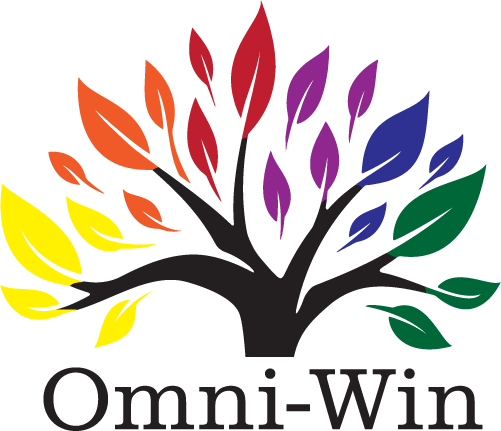The Three Rules of
Conflict Transformation
I discovered the Three Rules over decades of conflict resolution and transformation work. In my experience they are confirmed repeatedly. They also seem to apply to conflict at all scales, from interpersonal & organizational to national & international.
-Duncan Autrey
Read about the Three Rules on my Substack feed, Omni-Win Visions.
Or Watch me talk about it on my YouTube Channel:
Rule #1: Conflict is (usually) not about what it’s about.
Yes, the issues that come up are important to address, but the idea that there is a choice between two sides with two positions is an illusion.
The reality is that conflict is created by a dynamic system that is impacting all of the people involved. To get beyond conflict it is necessary to understand the underlying needs and interests of the people involved.
Rule #2: Everyone involved in a conflict must be involved in the solution.
Conflict will never be resolved by one side defeating the other. Conflict is never fixed by someone convincing the other that they are right (or wrong). If someone is excluded from the solution, they will find a way to include themselves… on their own terms.
The truth is that people are in conflict because they are in relationship with one another. They are interdependent, otherwise they could just walk away. In resolving a conflict everyone wins or everyone loses.
Rule #3: The process of transforming conflict and the outcome are the same thing.
It’s really tempting to try to fix problems by finding a once-and-for-all solution to a conflict.
The truth is that the process to transform a conflict is the beginning of the new way of being in relationship. The qualities and intentions in the process are the same qualities that will be in the outcome. What’s more, the outcome of a conflict resolution process is not a fixed state; it is an agreement to actively engage in a new process. Which leads us to the…
Fourth of the three rules of conflict:
There will never be a final outcome.
Life is an ongoing process, and we don’t want to get to the end any sooner than we need to. The conclusion is that instead of focusing on what we want to get or see happen in the end, we would benefit greatly from focusing on how we want to be in ongoing relationship with each other.
As Ursula K. Le Guin says so eloquently in The Lathe of Heaven:
“The end justifies the means? But what if there never is an end? All we have is means.”
Consider Asking:
Why is this issue important to the people involved?
What values are impacted by the situation?
What feelings come from that impact?
What Basic needs are impacted by the situation.
What are the strengths of different perspectives?
Why does everyone believe what they do?
What are the weaknesses & risks of different perspectives?
What are the dangers of taking any side to the extreme?
What legitimate fears about others’ perspectives to people have?
How are the perspectives interdependent?
How do the different approaches address the problems of the others?
How can everyone’s Perspective be Understood and considered?
How can everyone be treated with dignity?
What are the qualities and values that everyone wants to see in their shared future?
How do the participants want to engage DURING future DISAGREEMENTS?
HOW CAN THE PARTICIPANTS AFFIRM THEIR ONGOING MUTUAL INTERDEPENDENCE.

